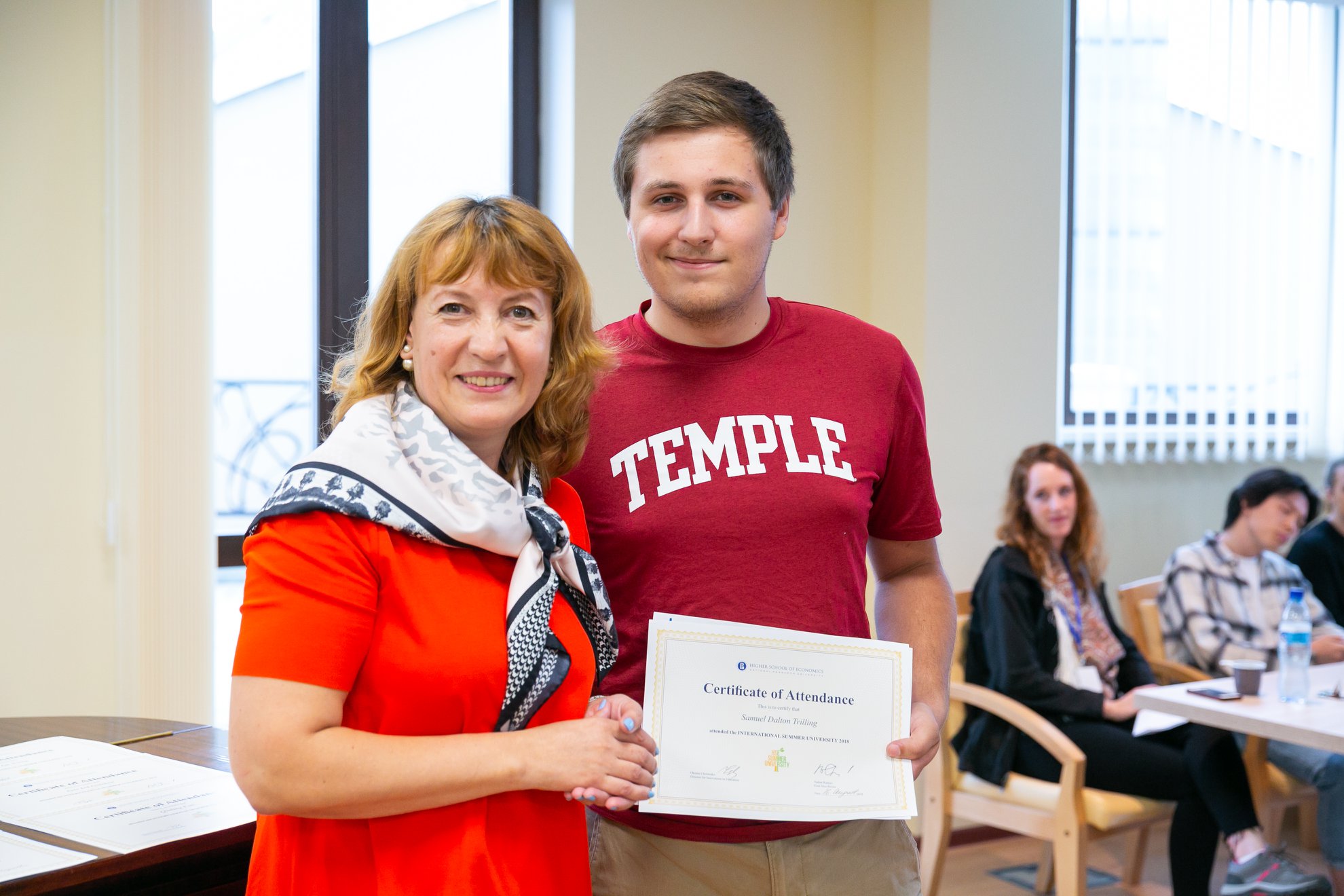Over the summer, Klein College of Media and Communication student Sam Trilling completed an internship with the Organized Crime and Corruption Reporting Project (OCCRP) in Bosnia. As a senior majoring in both journalism and political science, Trilling is making it his mission to learn more about investigative journalism and international affairs with the remainder of his time at Temple University and in his future career.
Trilling did not realize his love for journalism until some time after he started at Temple. He entered college with the expectation of continuing as a physics major; within his first few days as a freshman, he switched gears and decided to focus his energy on political science. About a year later, he took Journalism & Society with George Miller, now the associate dean for academic affairs at Temple University Japan, and fell in love with the depth and versatility of journalistic practice. At the same time, he was building his linguistic skills by taking classes in Russian. He could not have anticipated how all three subjects would quickly intersect to provide him with a well-rounded academic experience.
Trilling wanted to take his studies in Russian even further, and was accepted into a summer program at the Higher School of Economics in Moscow that focuses on language and cultural development. Because programs in Russia require clearances for United States students to attend, he had to receive help with his appeals from David Boardman, dean of Klein College; and David Mindich, chair of the journalism department. The program was a success, and Trilling kept Klein College faculty updated on his professional advancements. Dean Boardman mentioned the OCCRP opportunity to him, and Trilling received a spot as a daily news reporter.
In Bosnia, Trilling generated stories about political turmoil occurring worldwide while working on investigative projects and networking with investigative journalists to learn more about the craft. Although Bosnians primarily speak Bosnian, another Slavic language, he put his Russian language skills to use in the field when speaking with interviewees and other journalists about stories.
“I really had an interest in the subject area; I think that corruption is really important,” Trilling says. “I really like the skill set that investigative reporters get to use.”
Mindich believes that it is necessary for students who are interested in investigative reporting like Trilling to take advantage of opportunities that come their way in order to hone their skills.
“The future of our democracy depends on the quality of journalism and how robust it is,” says Mindich. “And we need students to embark on investigations as a part of the democratic mission of journalism.”
As for Trilling’s future, he is still determining his specific direction. This semester he interned with Philadelphia Magazine and has started pitching ideas as a freelancer. He hopes to secure a newsroom position after he graduates, and would not mind reporting internationally again. But no matter what he chooses, one characteristic will remain the same: he will stay true to his enthusiasm for international storytelling.

